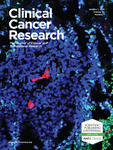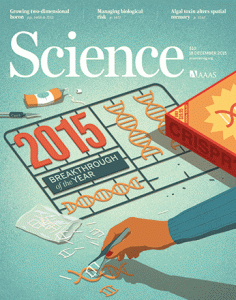 Investigations at two institutions at Taiwan determined in 2013 that a renewable energy researcher duplicated his own work; the researcher agreed to pull 10 papers. A total of six have been withdrawn or retracted, two in November, 2015.
Investigations at two institutions at Taiwan determined in 2013 that a renewable energy researcher duplicated his own work; the researcher agreed to pull 10 papers. A total of six have been withdrawn or retracted, two in November, 2015.
Shyi-Min Lu is the corresponding author on the two newly retracted papers, from Renewable and Sustainable Energy Reviews. The retractions follow investigations at the Industrial Technology Research Institute, where Lu used to work, and National Taiwan University, his former employer. Lu admitted to committing offenses in 10 papers. He was fired from NTU, where he was a research assistant at the university’s Energy Research Center.
First author Falin Chen — also a co-author on the paper duplicated by the retractions — was not aware that the papers bearing his name had been submitted. He told us how he found out: Continue reading Renewable energy researcher recycled material, agrees to withdraw 10 papers









